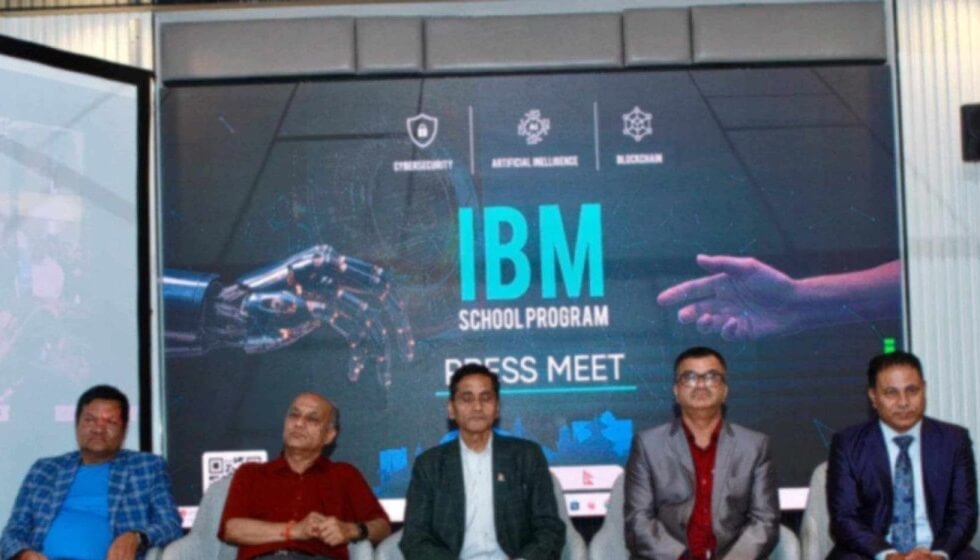
Transitioning from Traditional to Digital Education: IBM’s Global School Program
To help students face new technologies and utilize opportunities in the field of information technology, Nepal has introduced IBM's global school program. This program, designed for students from grades 5 to 12, has been brought to Nepal through a collaboration with India’s Transneuron and Asian E-Learning.
Nowadays, children in Nepal start using mobile phones, laptops, and computers from a young age. Despite this, Nepal's education system has not been able to keep pace with technological advancements. The lack of necessary technological education in schools means that even Plus Two students are not yet "smart."
Course Offerings and Structure
The program includes key technologies like Artificial Intelligence (AI), Machine Learning, Cyber Security, and Blockchain. It is the first of its kind in Nepal, featuring seven different courses that range from 40 to 60 hours each.
- Explorer Course: With the motto "Love Technology," this course includes face-to-face classes and guest lectures by IBM trainers.
- Discoverer Course: Aims to excel students in programming.
- Innovator Course: Encourages students to think like entrepreneurs, with the motto "Think Like an Entrepreneur."
About IBM
IBM is recognized as a leading technology company globally. Known for launching the first personal computer in 1981, IBM has developed some of the world's fastest supercomputers. The company has led AI development with its Watson supercomputer and has invented technologies such as the ATM, floppy disk, and hard disk drive. Six IBM employees have received Nobel Prizes for various inventions.
Implementation and Benefits
The course will be conducted over 40 to 60 hours, with classes held once a week for one to one and a half hours. It will be 70% online and 30% offline. Students will have the opportunity to present their projects created during the Innovator course to venture capitalists and startup funds.
Future Prospects and Goals
Subodh Tripathi, Managing Director of Asian E-Learning, emphasizes the importance of mastering the latest IT technologies for skill development. He sees this course as a boon for students aspiring to a career in the IT field. The program aims to prepare the next generation to use new technologies safely, reliably, and ethically.
Certification and Expansion Plans
Upon successful completion, students will receive IBM's globally recognized certificate. Asian E-Learning plans to expand this course to community schools in collaboration with provincial and local governments. Tripathi mentions, "We have proposed to offer this course to 5,000 Plus Two students and community schools with computer labs and teachers."
This initiative marks a significant step towards integrating advanced technological education into Nepal's school curriculum, preparing students for a future where technology plays a central role.


